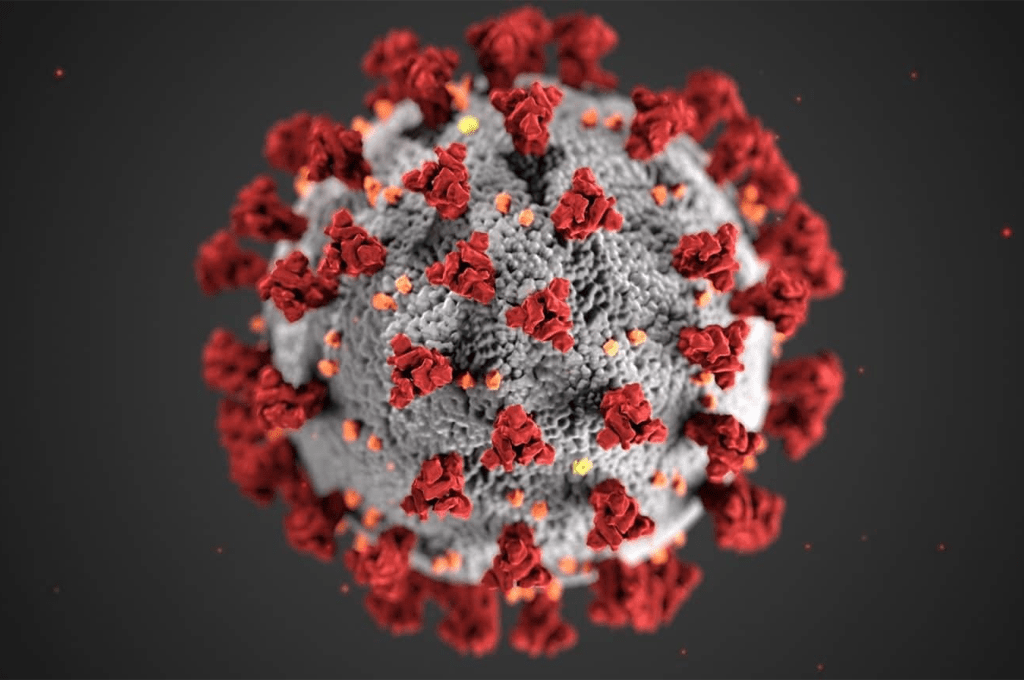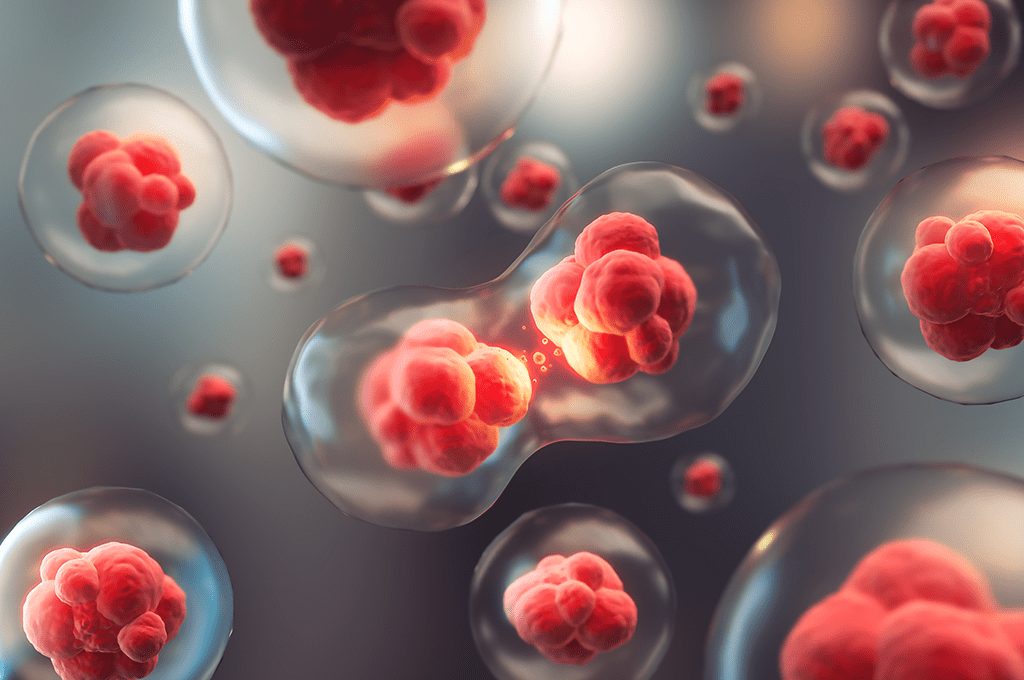VR grants for research environments to SciLifeLab
The Swedish Research Council (VR) has made decisions regarding Grants for research environment in science (Bidrag till forskningsmiljö inom teknik och naturvetenskap). The purpose of the grant is to create added value of cooperation in a group that is larger than in a regular research projects. Of the 222 applications that came in only 18 were granted support. Two of them are projects led by SciLifeLab researchers.
Paul Hudson, KTH/SciLifeLab, and Johan Elf, Uppsala University/SciLifeLab receives 24 Million SEK each during 6 years from VR.

Paul Hudson is granted for his project “INTEGRATE: A new paradigm for designing and cell factories”, which also includes Per-Olof Syren at KTH/SciLifeLab, Jens Nielsen at Chalmers/SciLifeLab, and partners in EPFL Switzerland and Griefswald Germany. It brings together world experts in microbial physiology, metabolic modeling, and protein engineering to create a bacteria that can make totally new terpene compounds from CO2 and hydrogen.
“The project is unique in that all three parties collaborate from the very beginning to design the best possible pathway in terms of native metabolism and possible enzymes.” Paul Hudson siad. “We will then use systems biology to find the bottlenecks, and state-of-the art protein engineering to evolve the slowest enzymes to be faster. There is lots of industrial potential.”
Johan Elf gets the grant to build a research environment focusing on the physical principles for genome search by means of large scale dynamic phenotyping of strain libraries. The environment also comprises research groups led by Maria Tenje, Lynn Kamerlin and Sebastian Deindl at Uppsala University/SciLifeLab.

“The interdisciplinary environment will build bridges between biology, engineering and physics with many potential applications throughout the life sciences.” Johan Elf said. “Appealing as it may sound, collaborative efforts between engineers and scientists are rare in Sweden and much is to be gained by closing the loop between technology development and fundamental research.”
If successful, the technology that is being developed will make it possible to connect dynamic phenotypes to the underlying genotype for thousands of different cell strains simultaneously. This will have important applications in many areas of science including drug discovery, biotech product optimization and basic genetic research.




